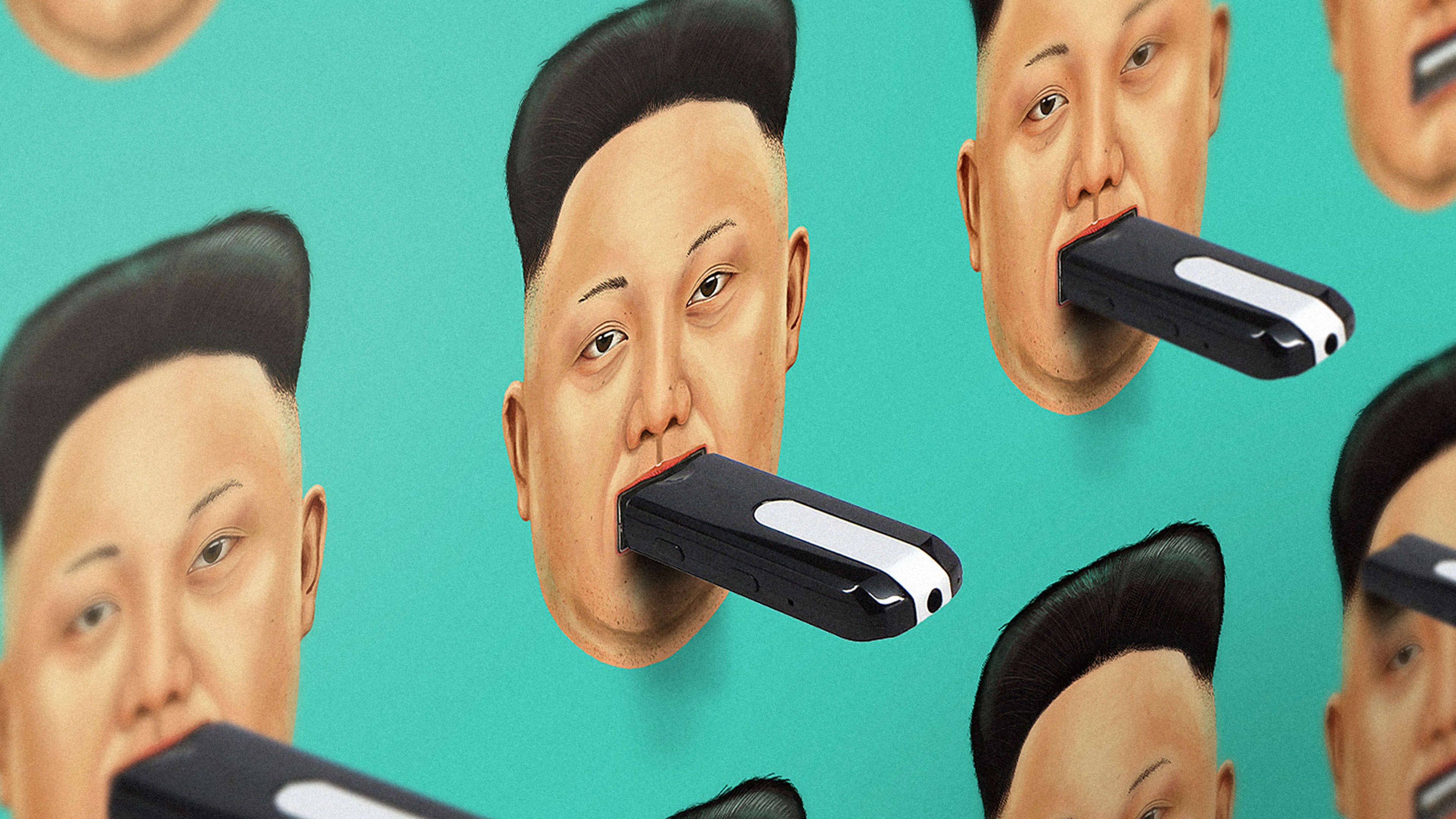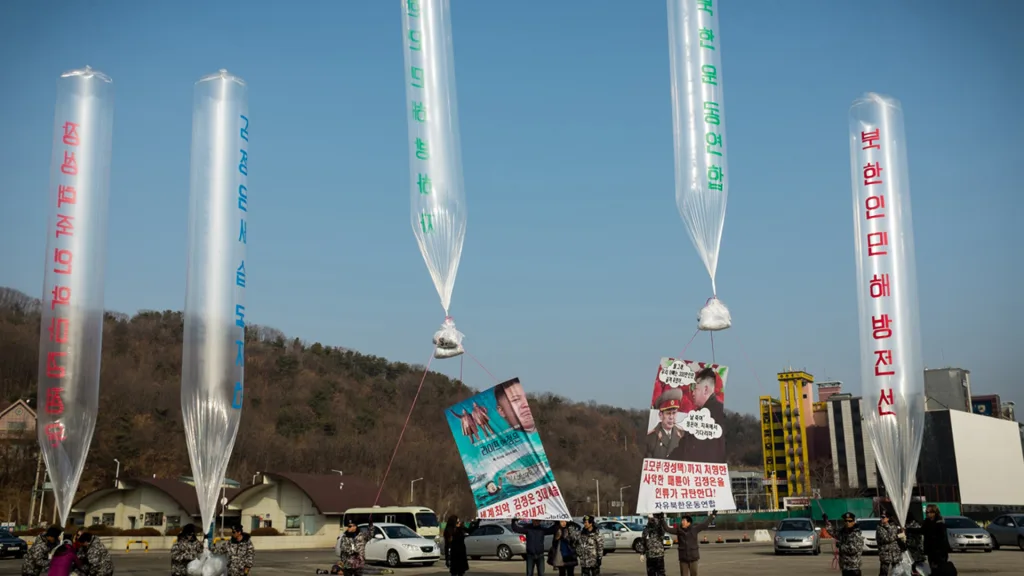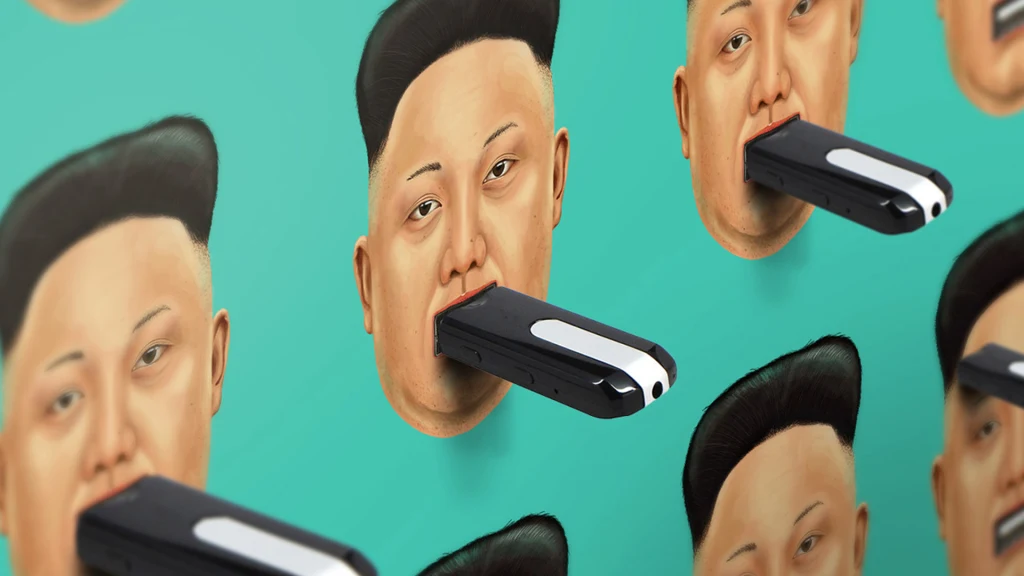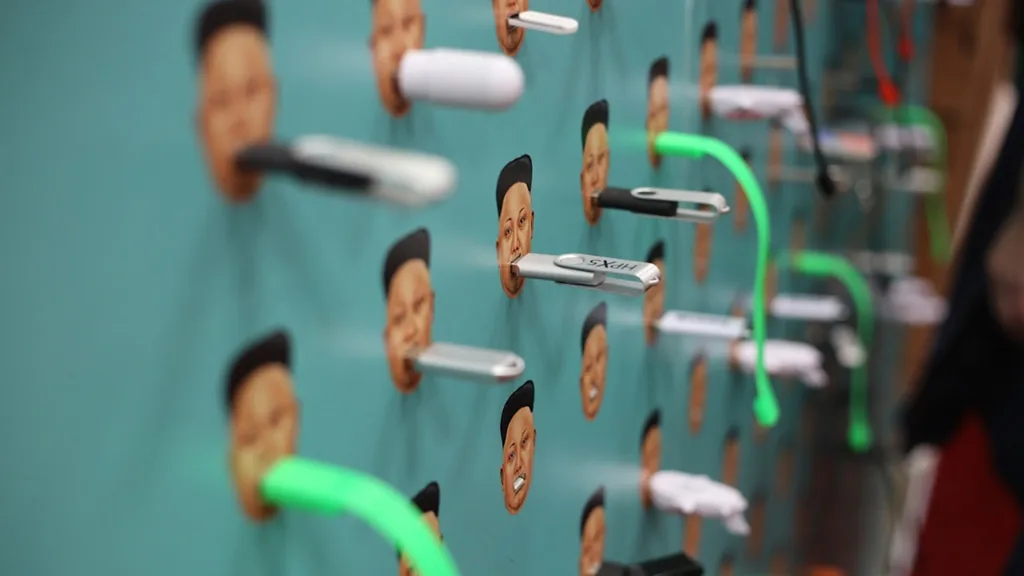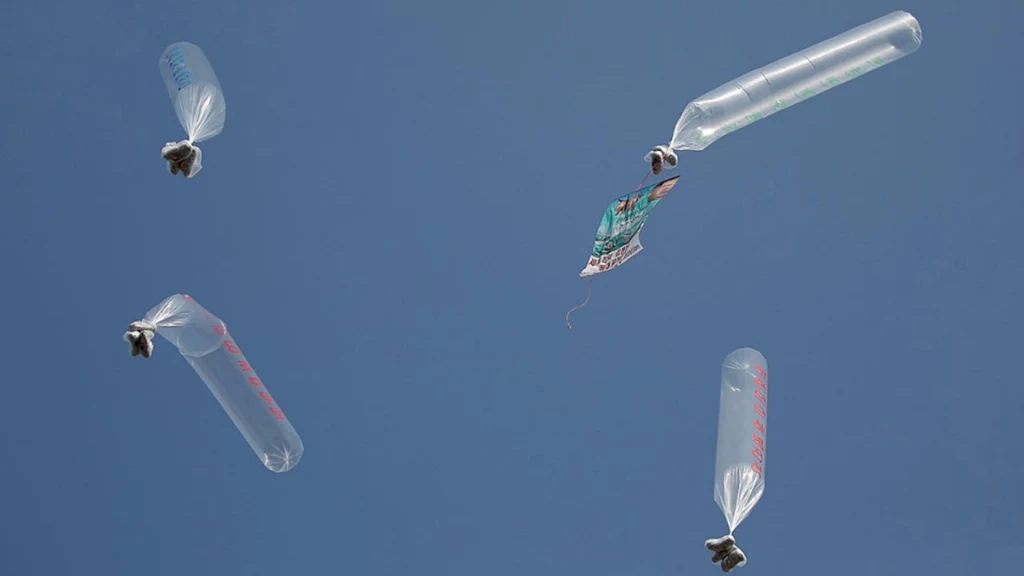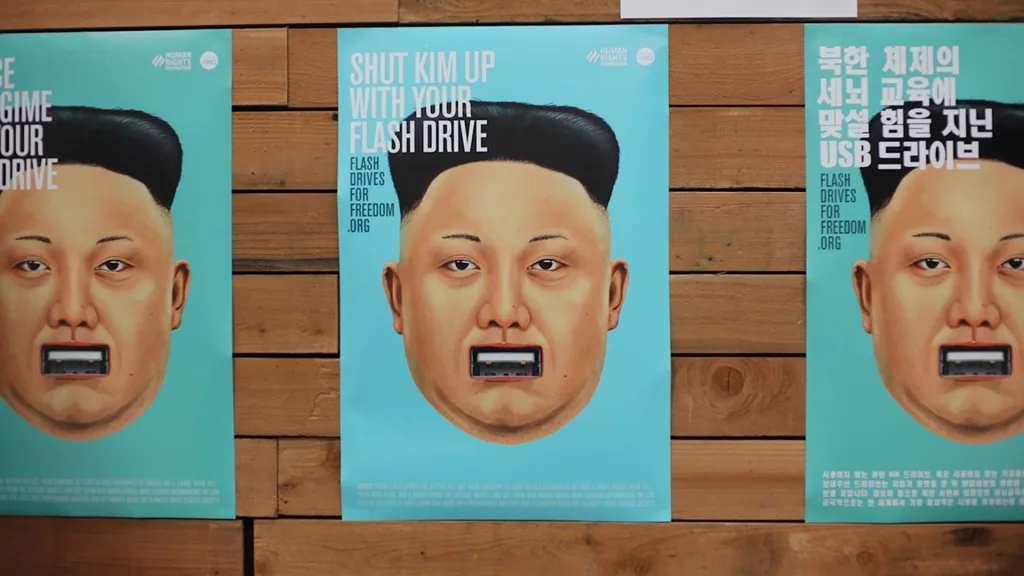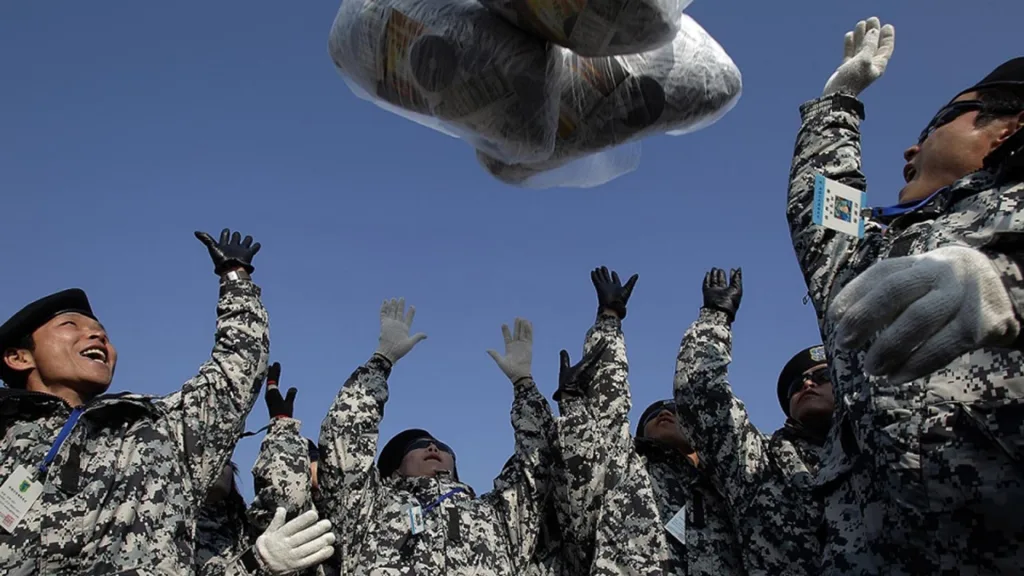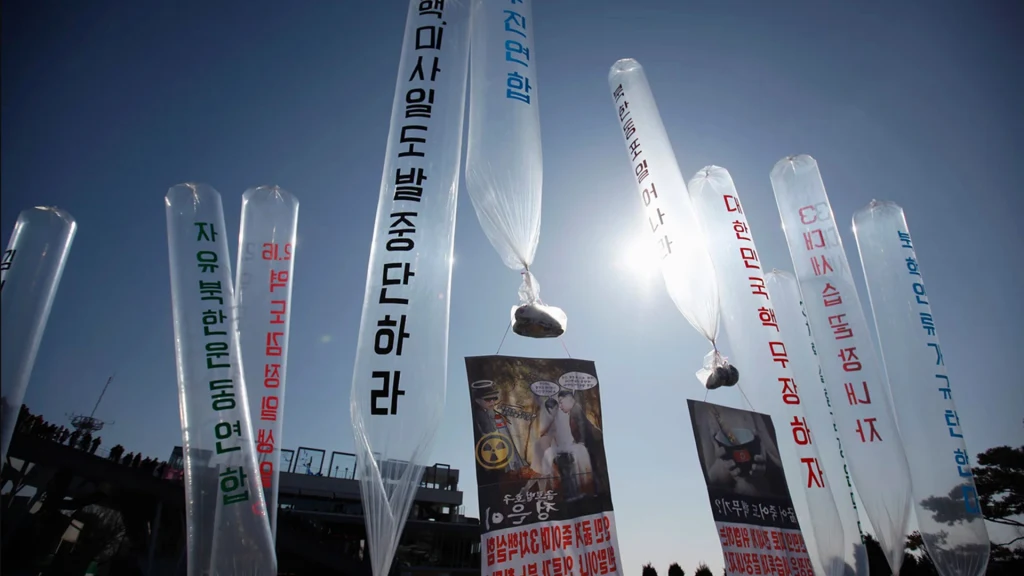When Yeonmi Park watched a bootleg copy of Titanic as a child in North Korea, it fundamentally changed how she saw her country. “Titanic made me realize that I was controlled by the regime,” she said in a speech after escaping to South Korea. Another defector, Ji Seong-ho, had a similar realization after watching The Avengers. For Hyeonseo Lee, the turning point was South Korean soap operas.
As Trump warns that a “major, major conflict” with North Korea is possible and the U.S. ramps up its military presence in South Korea–on the eve of the likely election of a South Korean president who favors trade with North Korea–human rights activists are scaling up efforts to take out the regime via sitcoms and pop music on thumb drives that they get into the reclusive country in increasingly creative ways.
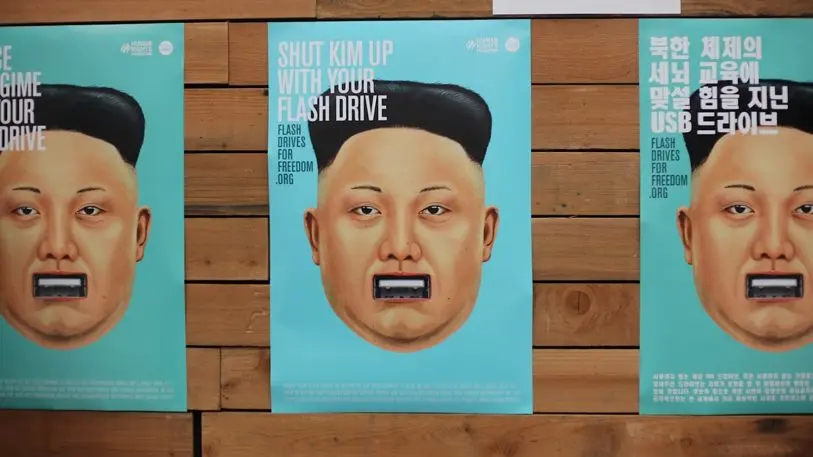
Activists in South Korea began smuggling old flash drives loaded with media from the outside world into North Korea in 2015. In 2016, they delivered 10,000 drives. Now, after a new donation of 100,000 new flash drives, the Flash Drives for Freedom campaign plans to infiltrate deeper into the country.
The drives are loaded with K-pop music, action movies, documentaries, travel photographs, a Korean copy of Wikipedia that can be read without internet access, and as much other content as can fit on the drive.
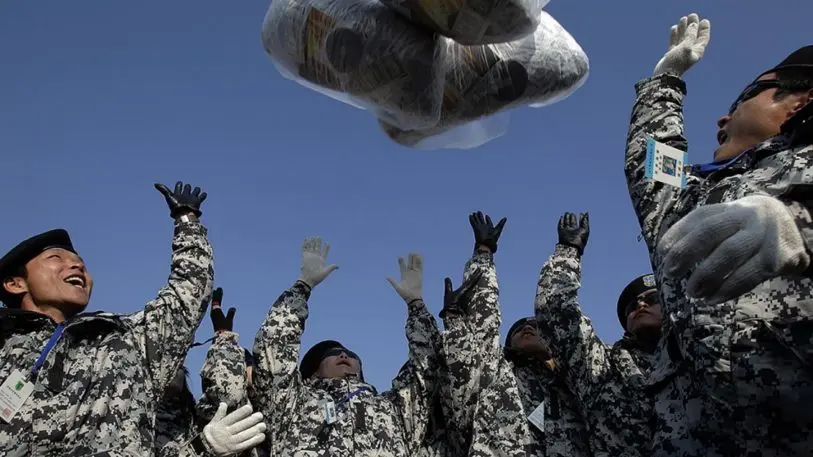
Once on the other side, the content is often copied and sold. Instead of using computers, North Koreans typically plug the drives into cheap portable media players from China that can run on batteries. “Every North Korean is one degree removed from someone with one,” says Halvorssen.
Though there is no way to directly measure the effectiveness of the content–all of which is illegal to view, in a country where a single TV channel plays only government propaganda–Halvorssen says there is no doubt that the principle works. “Every single defector we come in contact with, when asked what is the most powerful tool that can be used, has concurred,” he says. “I’ve never come across someone who says it shouldn’t be information.”
The strongest proof that it works: The North Korean government is trying desperately to stop it. “Enemy zero,” the first name on the government’s hit list, is the defector Park Sang-hak, who leads the activist group Fighters for a Free North Korea, which delivers flash drives and pro-democracy literature via balloon.
“All of our partners in South Korea have bodyguards presented by the South Korean government to protect them, because the number of times [North Korea] has sent assassins to kill them is significant,” Halvorssen says. After Human Rights Foundation publicized one balloon launch, the North Korean government issued a press release threatening to kill Americans. “I would say that ‘We want to kill you for this activity’ is the sort of thing that would indicate that the regime most definitely sees a threat.”
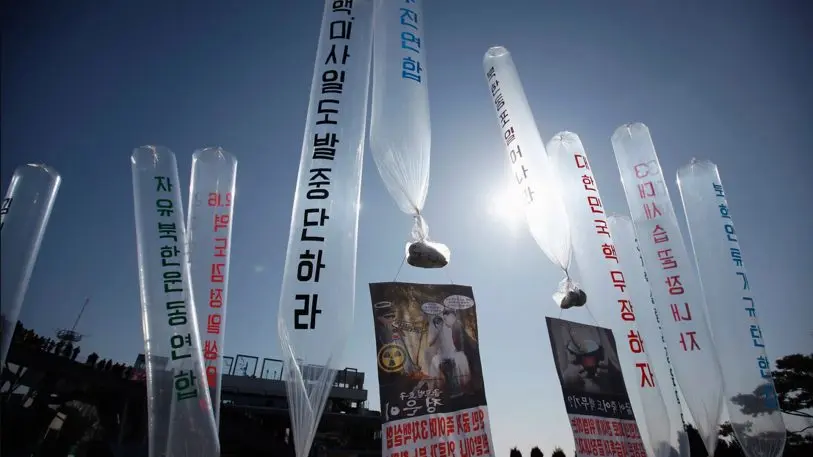
There is high demand for the drives, despite the risk. “There’s an entire market for the content,” he says. “That’s a very strong, important point. Number two, the possession of them is a capital crime, and yet people are willing to pay a week’s wages for them and risk being caught either selling them or with them.”
One recent survey found that around 90% of North Koreans now consume foreign media at least once a month. The majority also said that foreign media had more impact on their lives than the decisions of the North Korean government.
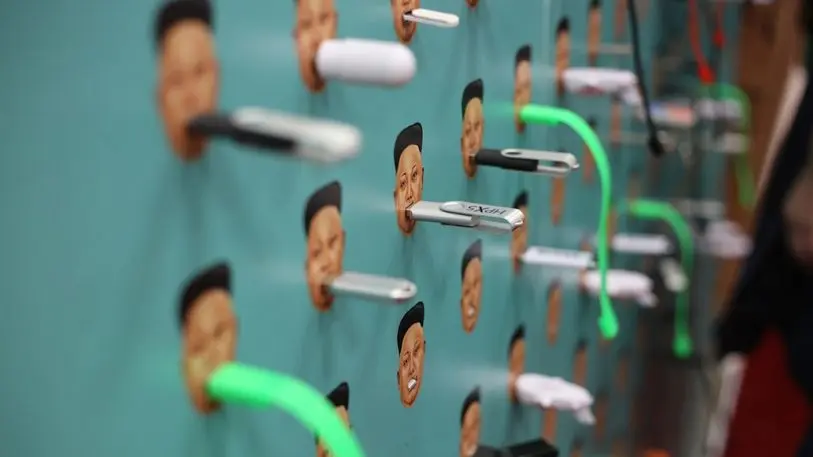
Public opinion may be close to the tipping point where the government can’t continue. “I have a very strong sense that a couple of million flash-sized packs of information would cause a paradigmatic shift inside North Korea,” says Halvorssen.
The activists are looking for more donations of drives. “They’re going to waste in so many people’s drawers,” he says. “They’re the equivalent of educational missiles.”
Recognize your company's culture of innovation by applying to this year's Best Workplaces for Innovators Awards before the extended deadline, April 12.
